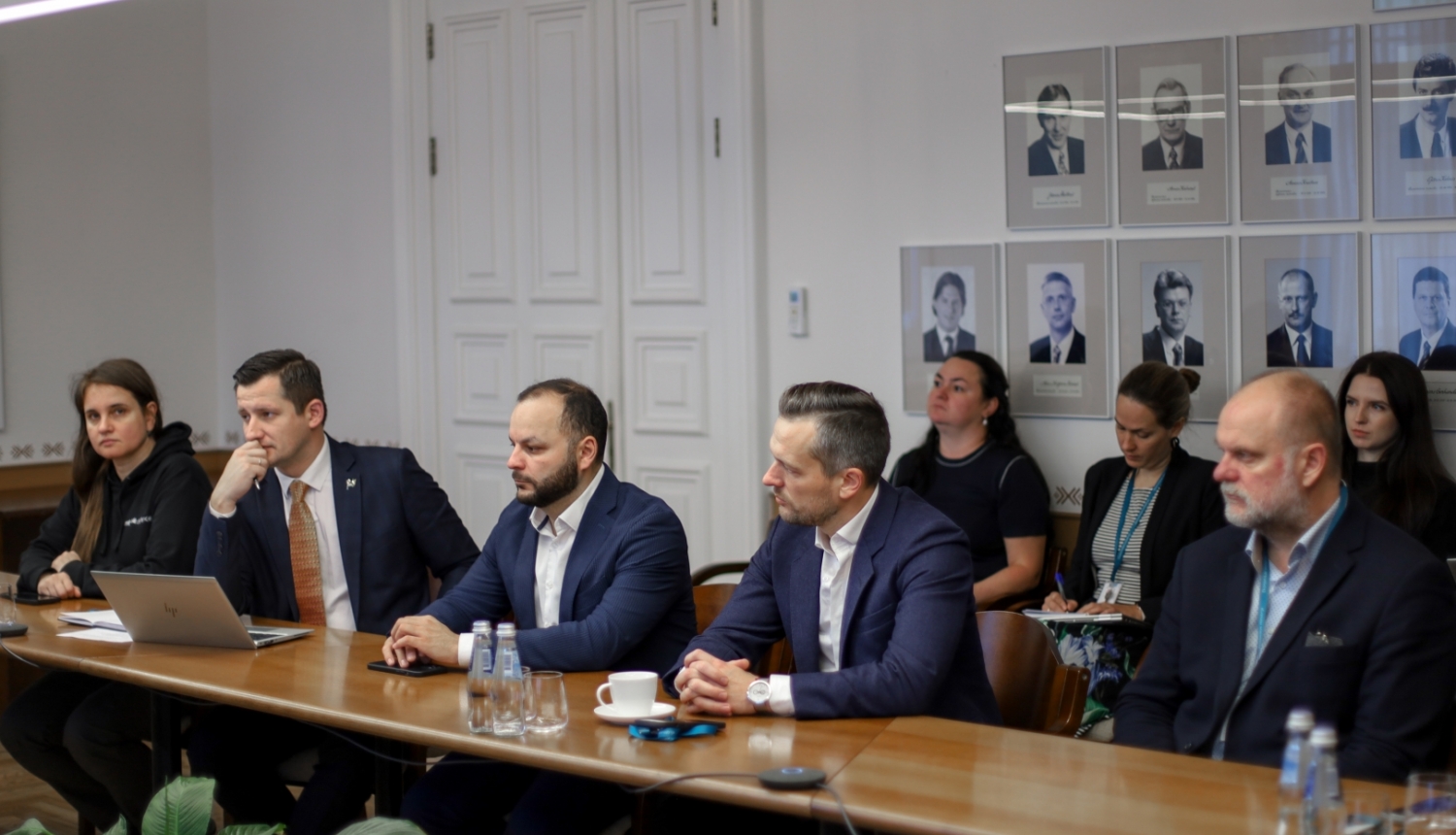Translated using ChatGPT service.
"If we want to strive for progress, not who remains the biggest stagnant force, Latvia needs to quickly and actively define its national position on data processing for AI model training in Europe. We cannot wait for other countries. Furthermore, Latvia’s stance on data usage must be as open as possible. That way, other countries will also hear us," said Minister of Economics Viktors Valainis after a meeting with the Data State Inspectorate and AI industry representatives on Tuesday.
To discuss the European Data Protection Board’s (EDPB) upcoming stance on data processing for Artificial Intelligence (AI) model training in Europe, in compliance with General Data Protection Regulation (GDPR) requirements, as well as to initiate a more active dialogue between the industry and state institutions, the Minister of Economics invited representatives from the Data State Inspectorate (DVI) and companies to a meeting on October 23. Several Latvian companies have already developed highly advanced AI products and see potential for further growth both in Latvia and Europe, as well as globally. Representatives from TET, LMT, DataMed, Tilde, Apply, IQVIA, Meta, and others attended the meeting.
The forthcoming EDPB opinion on data processing for AI model training in Europe will have far-reaching implications for how companies will be able to use AI technology in Europe in compliance with GDPR. The EDPB’s decision will affect not only large tech companies, aiming to implement a broad approach by introducing guidelines that every European company wanting to implement AI will need to follow.
Company representatives greatly appreciated the initiation of such a meeting and expressed their readiness to participate in formulating Latvia’s position to support the development and wider future application of AI solutions. AI has the potential to significantly impact daily life in the future and boost economic growth, for example, by notably improving the quality and accessibility of healthcare and educational services. The representatives also called for progress on Latvian legislation—such as regulations on the secondary use of personal data, the Biobank draft law, and the Innovative Entrepreneurship and Priority Project Support draft law, which would promote the faster development of AI solutions. At the same time, they emphasized the importance of reducing the administrative burden in data usage regulations.
Deputy Director of DVI, Lāsma Dilba, informed the meeting about the European Data Protection Board’s work and Latvia’s involvement, emphasizing the need for a reasonable approach in drafting guidelines on data anonymization to support the further growth of the sector. She also encouraged industry representatives to engage in a more active dialogue to collaboratively address pressing issues in the sector.
At the end of the meeting, the minister expressed confidence: "Establishing an AI Center of Excellence in Latvia will provide an opportunity to consolidate expertise from various parties for the accelerated development and application of AI solutions. Meanwhile, the Ministry of Economics is prepared to coordinate dialogue between the state and industry entrepreneurs, assisting the DVI in formulating a development-oriented Latvian position on data usage for AI solutions, as well as intensifying work on drafting Latvia’s regulatory framework."



